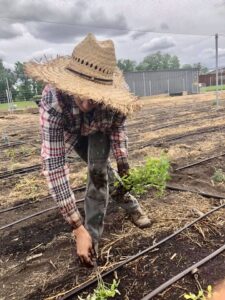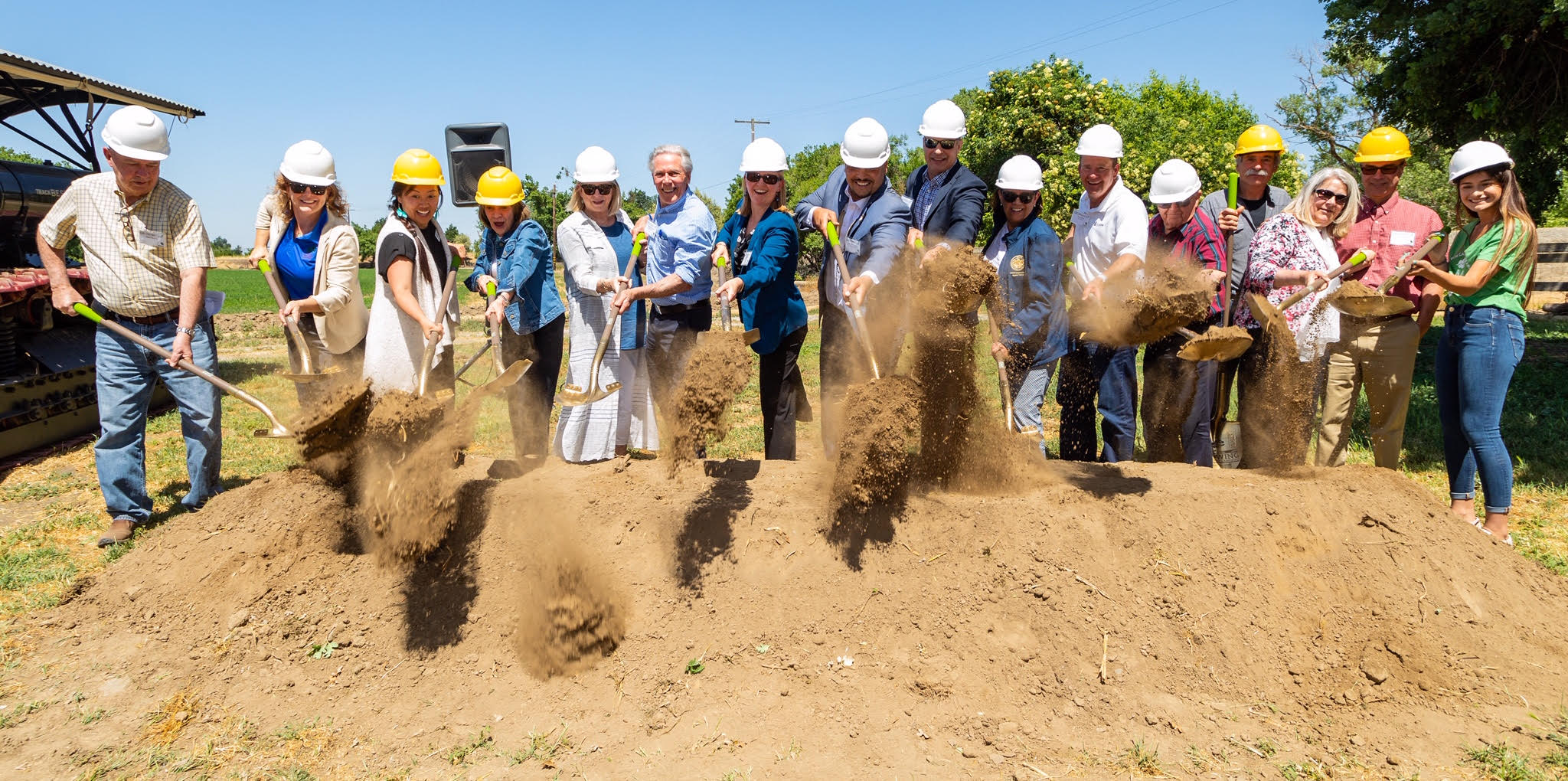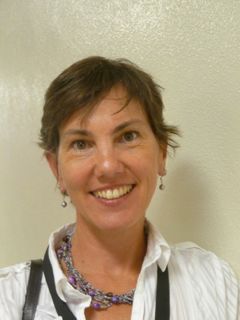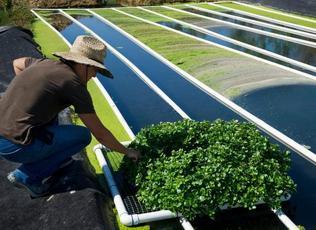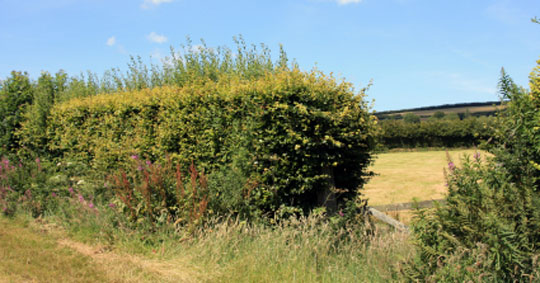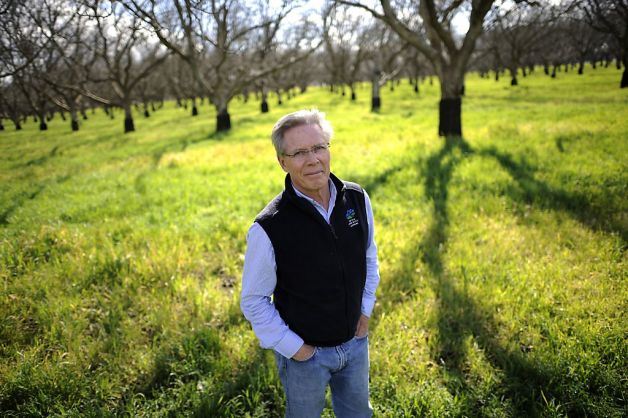Explorer Course Offered by Center of Land-based Learning
New Introductory Farming Course to be offered by Center for Land-Based Learning
In response to an unmet need in the region for entry-level beginning farmer courses, the California Farm Academy, a program of the Center for Land-Based Learning, is offering a new program in 2021: the CFA Explorer Course.
The Explorer Course will last for six weeks and accept a small cohort to allow for social distancing while exploring the field of farming firsthand. A combination of online learning classes, farm tours, and hands-on field sessions, the CFA Explorer Course offers adults interested in farming their first introduction to the field. The Explorer Course will be offered for the first time May 22-July 3, 2021 and then again August 21- September 25.
California Farm Academy Director, Dr. Sridharan (Sri) Sethuratnam, said of the program, “The Explorer is the ideal first step for someone who has been dreaming of farming for a while but did not know where to start. The Explorer will provide them with the formative knowledge and guide them to tangible next steps in their farming journey.”
The California Farm Academy’s 7-month Beginning Farmer Training Program will be taking a hiatus in 2021 to thoughtfully and strategically prepare for its second decade. Be on the lookout for announcements on the 2022 CFA Beginning Farmer Training Program’s application deadlines later this year.
Mary Kimball, CEO of the Center for Land-Based Learning, commented on the program innovation for 2021, “We’re very excited to add the Explorer Course to our CFA Program offering this year. It’s been something we’ve long been evaluating, and it turns out that this year is the perfect year to start it. We know that many people aren’t quite ready to take the full 7-month Training Program plunge, and we hope that the Explorer Course will be something that we can continue to offer in future years as well. There is already a great deal of interest, and we look forward to welcoming new people into the exciting opportunities that farming provides.”
There are limited spots left in the spring Explorer course!If you are interested, email sri@landbasedlearning.orgtoday. The application portal will open in July for the fall Explorer course.


